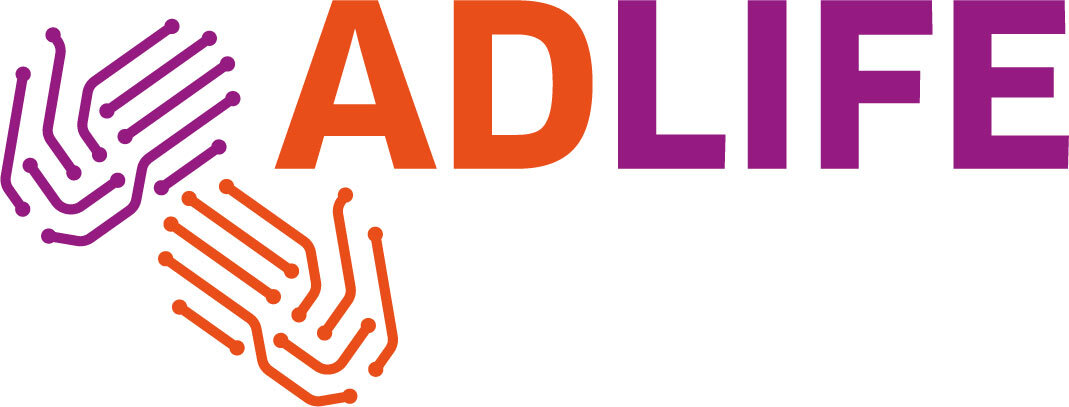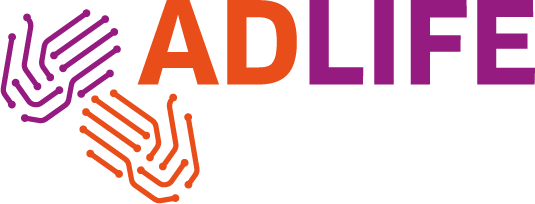ADLIFE Project in Use Case Work Group of Health & Care cluster of Large Scale Pilots
The ADLIFE Project is a part of the ‘Health & Care cluster of Large Scale Pilots’ which was created in December 2019 under the initiative of DG CNECT E4* – Internet of things and with the support of the OPEN DEI** Project. The cluster is composed of 13 Large Scale Pilots which all aim to improve the health and wellbeing of people through supportive innovative technologies. OPEN DEI is a CSA*** project which aims to align Reference Architectures, Open Platforms and Large-Scale Pilots in Digitising European Industry via the involvement of Large Scale Pilots active in 4 domains engaged in digital transformation: healthcare; manufacturing; energy; and agri-food.
Under the ‘Health & Care cluster of Large Scale Pilots’, five Working groups (WG) have been created on priority topics of common interest (Dissemination, Use cases, KPIs, Architecture, standards, re-usable components and GDPR implementation). Work Group 2 - Use Cases has the short-term objective of creating a repository of use cases (from clinical and technology perspectives) and agreeing on a taxonomy to describe them in a consistent way.
As a part of Use Case WG studies, a common template has been defined to describe the application scenarios supported by individual Large Scale Pilot Projects. ADLIFE has provided five different use cases. The ‘Personalized Care Planning’ and ‘Patient Empowerment’ cover the whole lifecycle of ADLIFE pilot application scenarios, serving to the needs of care of the patients suffering from advanced chronic diseases . The other sample uses, ‘Potentially preventable situation notification’, ‘Self-assessment questionnaire collection’ and ‘Advance care planning’, are more specific, covering different phases of care delivery.
For the next step, the ‘Use cases’ work group studies has agreed upon five clusters, and use cases provided by each project are currently being categorized within these clusters. ADLIFE has reported that through its use cases it can be involved in four clusters, namely ‘Heart diseases’, ‘Lifestyle and wellbeing’, ‘Multi-morbid/chronic support’ and ‘At home support’. Once this categorization is completed, projects within each cluster will initiate collaborations on potential synergies for boosting positive impact of digital solutions.
* European Commission’s Directorate-General for Communications Networks, Content and Technology
** Digitising European Industry
*** Coordination and Support Actions






